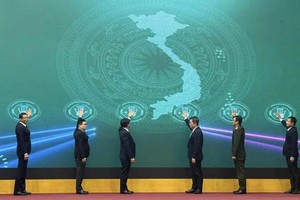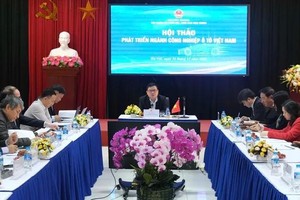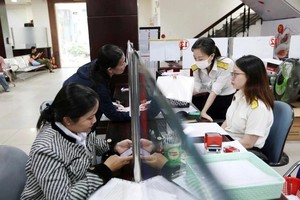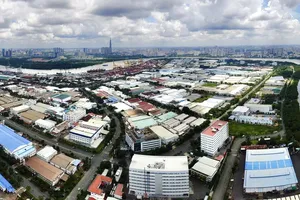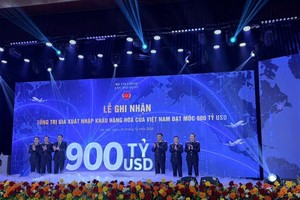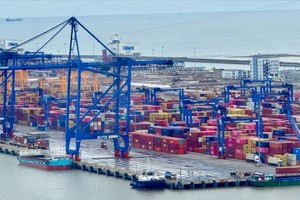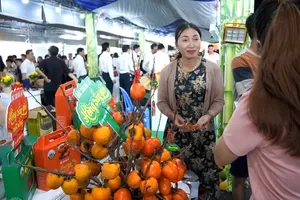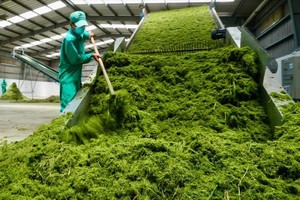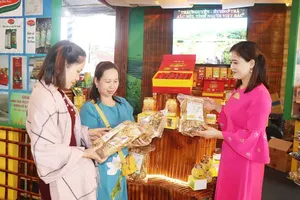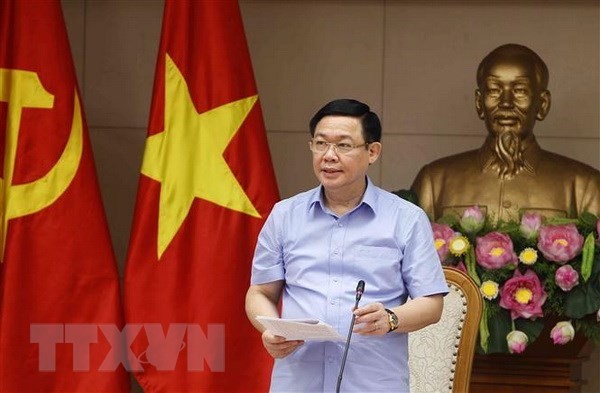
This was affirmed at a meeting of the Steering Committee on Price Management in Hanoi on September 28 to evaluate its performance in the period and sketch out scenario for the rest of the year, which was presided over by Deputy Prime Minister Vuong Dinh Hue, head of the committee.
A report by the committee showed that amidst complicated international developments such as the US-China trade war, US-Iran tension, Turkey crisis and hike in petrol prices that have influenced world inflation as well as domestic prices, ministries and localities have actively coordinated in managing the prices for a suitable index, while proposing responding measures for price stability.
The report said that core inflation rose 0.14 percent month on month in September and 1.41 percent in the first nine months of 2018, lower than the target of 1.6-1.8 percent set earlier.
It commented that the results were positive in the context of the global trade tension that affected many big markets of Vietnam and broke a number of supply chains.
According to Deputy PM Hue, the developments in inflation of September and the first nine months of this year matched the prediction earlier this year.
He noted that ministries, agencies and localities have taken many measures to control prices, reduce cost for enterprises as well as the whole economy.
Consumer price index in September – the starting month of a new academic year with high demand for teaching and studying tools as well as tuition pressure, along with surge in world oil price – rose only 0.59 percent over the previous month, lower than the predicted increase of 0.6-0.7 percent.
The Deputy PM hailed the efforts of the Ministry of Industry and Trade and other ministries in managing petrol prices, holding that the results contributed to stabilizing the macro-economy and ensuring a favourable environment for investment and business as well as growth that reached 6.98 percent in the nine months.
Inflation management is facing many challenges, but it is still under the Government’s control, Hue stated.
He also pointed to the need to keep a close watch at the prices of necessities such as food, foodstuff, oil and gas, especially in year-end and stormy season.
The State Bank of Vietnam should apply flexible monetary policies for the goal of 1.5-1.6 percent of core inflation, he said, requesting the Ministries of Industry and Trade and Finance to closely follow the developments of the global fuel prices to avoid their impact on CPI.
The Ministry of Agriculture and Rural Development should harmonise demand and supply of food and foodstuff, especially pork, and coordinate with the Ministry of Industry and Trade to stabilise food prices, while the Ministries of Industry and Trade and Construction should regulate the production of construction material to avoid shortage, Hue asked.
He also requested the Ministry of Finance and the SBV to coordinate in adjusting fiscal and monetary policies, regulating deposits in the SBV and the State Treasury, thus strengthening circulation of money and ease pressure on inflation. Relevant agencies should submit price management scenario for 2019 with a target of keeping inflation at about 4 percent, the official said.
